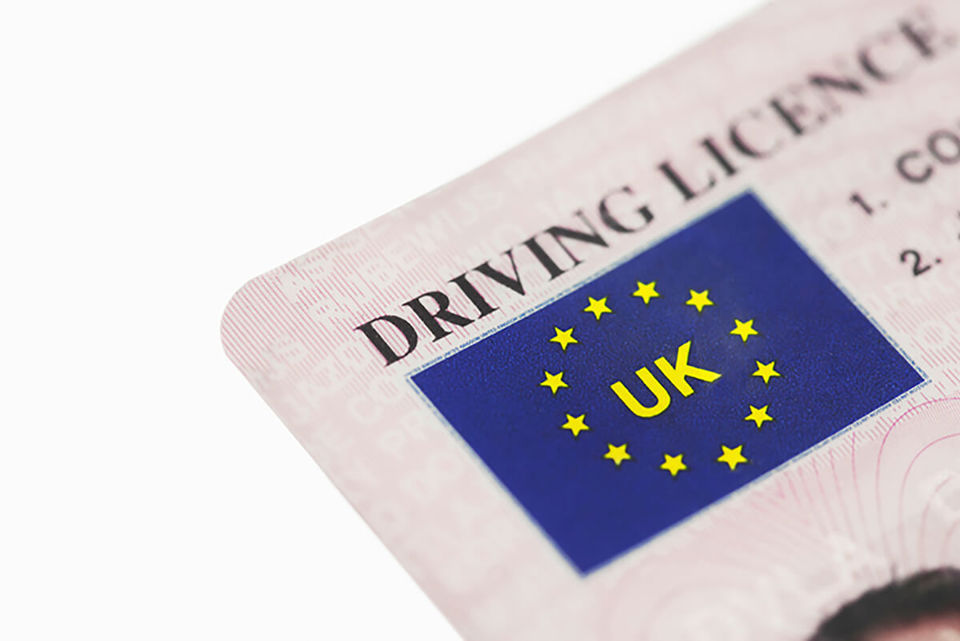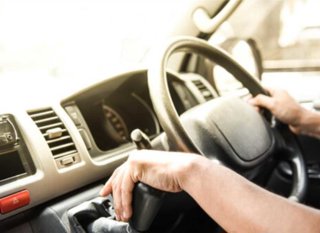Young, inexperienced drivers should be required to display a ‘G’ plate and not be allowed to carry peer-age passengers for the first six months after passing their test, says the AA.
It has written to the transport secretary, Louise Haigh, urging her to introduce the changes as it publishes its policy on a graduated driver licence scheme.
Introducing such a system, says the AA, could also see at least 260 serious injuries avoided on UK roads and save 58 lives annually.
“Graduated driver licensing has been proven in other countries to significantly reduce road deaths and serious injuries,” said Jakob Pfaudler, CEO of the AA.
“Figures show 290 people were killed in young driver crashes last year with more than 1,300 seriously injured. Not only is this a tragic waste of life, but it contributes to the burden of high insurance premiums for young drivers.”
He added: “We are calling on the transport secretary to make simple, pragmatic changes to the licensing process so young people are better protected in their first few months of independent driving.”
The AA, which has launched its graduated driver licence policy today (Monday, October 21), wants drivers under the age of 21 not to be allowed to carry peer-age passengers, for six months after passing their test, with exemptions for parents/carers.
New drivers, it says, should also face six points for not wearing a seatbelt effectively making new drivers lose their licence for this offence under the New Drivers Act.
Furthermore, to aid police enforcement, new drivers under 21 would be required to display a ‘G’ plate (denoting graduate driver) for the first six months after passing their test.
New AA/Yonder driver research shows most popular element of the AA’s proposed graduated driver licence (GDL) is passenger restrictions with a third (33%) saying they would implement it over other possible GDL tactics.
The second most popular aspect of GDL to implement, if only one could be chosen, was ‘G plates’ (24%), followed by a logbook (18%) and heavier penalties for not wearing a seatbelt (8%).
Young drivers were considerably more likely to choose heavier seatbelt penalties as the one graduated driver licence element they would introduce (20%).
An average of five people per day are killed on UK roads and 82 are seriously injured - more than 1,500 young drivers each year - with one in five young drivers crashing within a year of passing their test.
Edmund King, director of the AA charitable trust, said: “Support for GDL is high among drivers and their top priority would be to introduce passenger restrictions.
“Parents tell us that this would help them to restrict their teenagers from taking passengers or being passengers with an inexperienced driver.
“The introduction of passenger restrictions would help mitigate the increased risk young drivers have to manage when they have peer-aged passengers travelling with them.
“A six-month restriction is a small price to pay for saving young lives.”
King continued: “There is a great swell of support for the introduction of GDL so this Government has a real opportunity to make it happen and save lives.
“The very recent inquest into the tragic deaths of four young men is a stark reminder that action needs to be taken to protect young lives, and it needs to be taken sooner rather than later.
Several countries, including Canada, Australia, New Zealand and many US states, have successfully introduced graduated driving licensing. This has resulted in a reduction in deaths and serious injuries in crashes involving young drivers of between 20% and 40%.
Sharron Huddleston, who formed the Forget-me-not Families Uniting group for those like herself who have lost loved ones in crashes, said: “Graduated licences are a crucial issue. How many more young people need to die before action is taken?
“Our message is simple – listen to us, listen to the experts, listen to the AA, and learn from other countries, who have seen a huge reduction in young driver and passenger deaths after introducing graduated driving licensing for young novice drivers.
“My daughter, Caitlin, would be alive today if action had been taken when the concept of graduated licences was floated years ago.”

























Login to comment
Comments
No comments have been made yet.